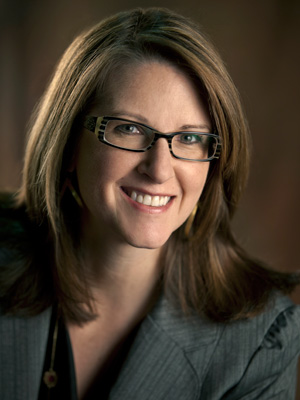Earth Day and You: What You Can Do
April 18, 2008Earth Day is Tuesday, April 22nd. What will you do this year to reduce your impact on the environment? We’ll discuss your options this evening with Melinda Haggerty, Sustainability Communications Coordinator for the City of Plano’s Live Green Initiative. Novelist Stefan Merrill Block will join us during the Scene segment to discuss his book “The […]










